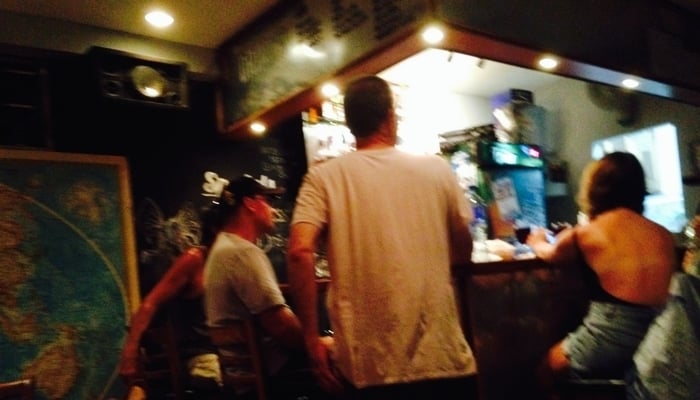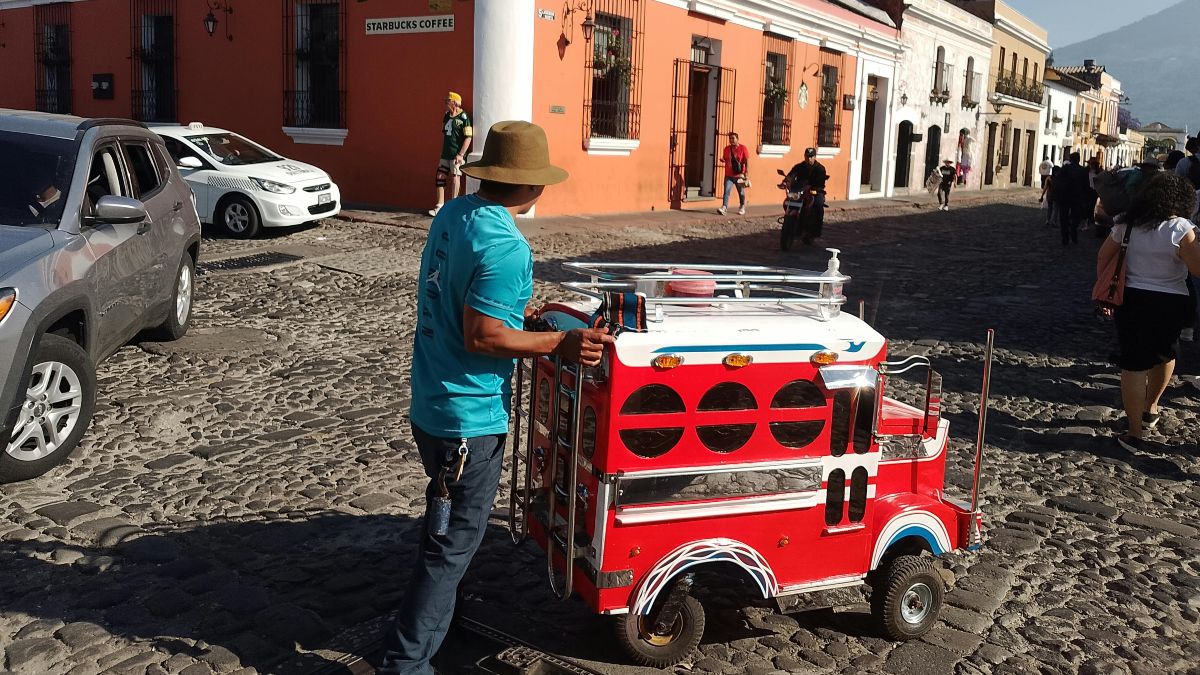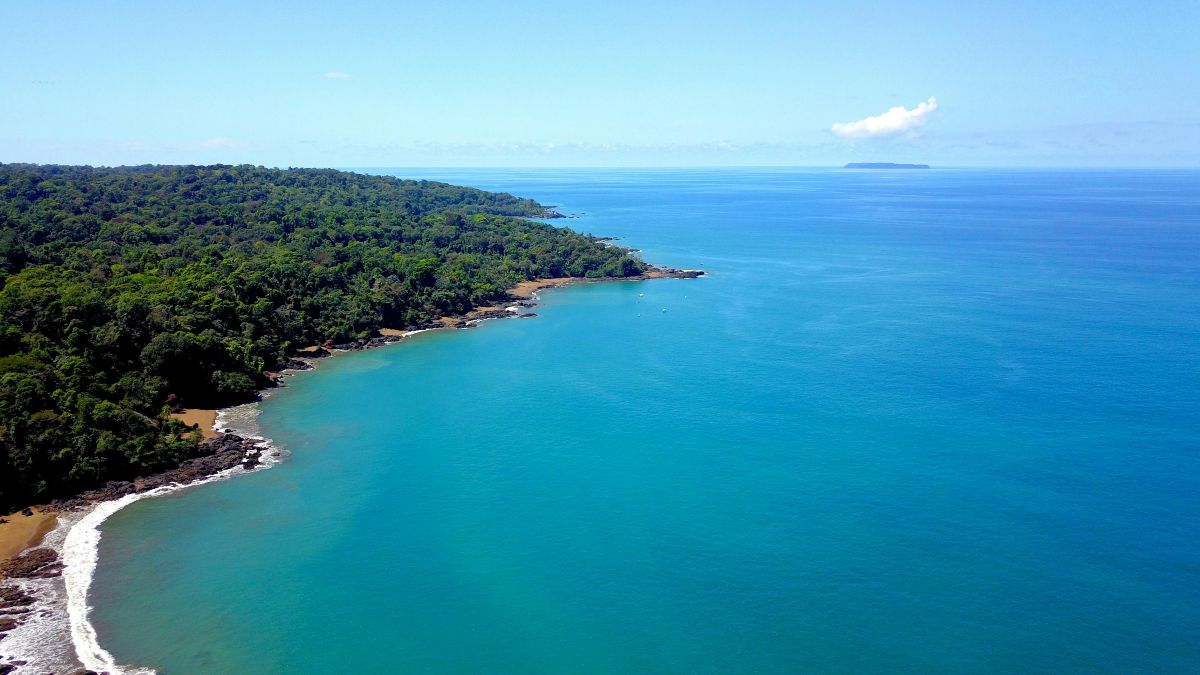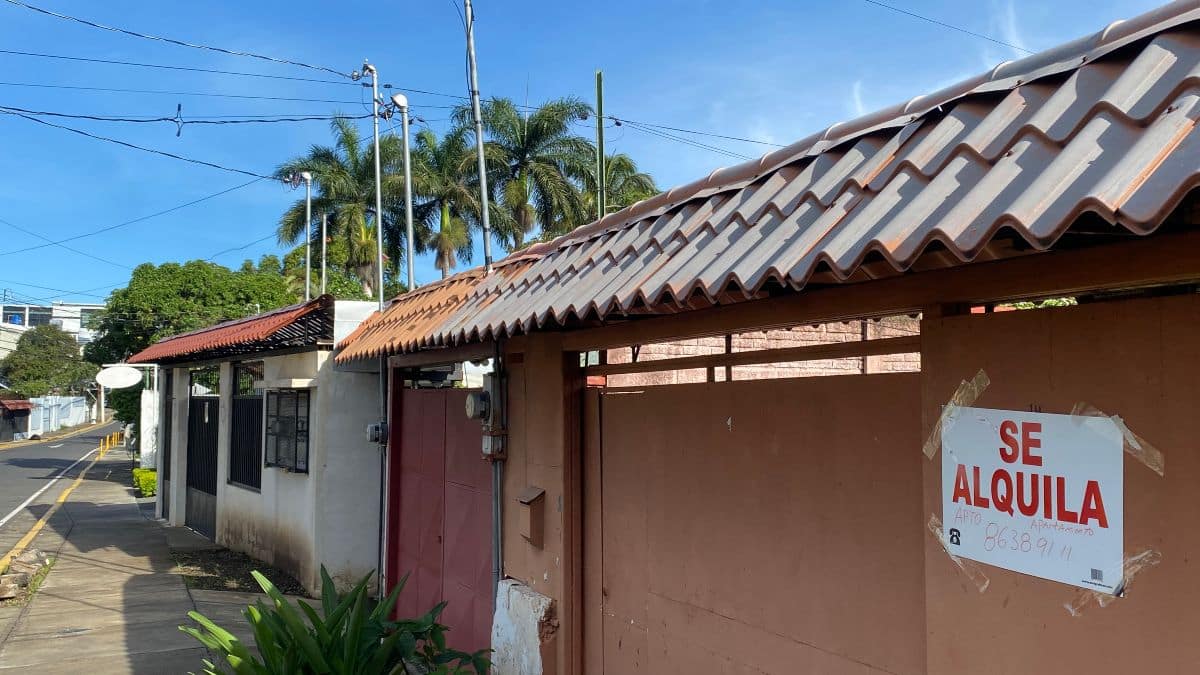Much is written about cultural stereotypes in Central America. But a lot of that is expat on expat stereotypes. But what do locals see when they look at foreigners in this part of the world? Pat Werner explores some of the cultural observations Nicaraguans have with foreigners in their country.
Quaint Cultural Stereotypes In Reverse
I read a recent blog on cultural observations by a foreigner about some perceived idiosyncrasies of Nicaragua.
One was, for example, that Nicaraguans use too much cologne, perfume, and aftershave.
I am amused by the amused. So it’s fair to put oneself in the shoes of a Nicaraguan looking, with bemusement, at foreigners, such as they often appear in Nicaragua.
Regarding colognes, perfumes, and such, it’s an observation here that foreigners do not bathe enough and smell bad. This particularly applies to Americans and Europeans, Canadians not so much. So go take a shower.
Another observation is that foreigners often appear in public in slightly inappropriate dress, and often with inappropriate companions.
The almost regimented uniform is a foreigner (an elderly gentleman for the most part) dressed in beige shorts, with nondescript open-toed sandals, a t-shirt, and a boonies hat, though he has never been in the boondocks and has no intention of going. He is dressing for adventure without the adventure.
Most likely the foreigner does not speak much Spanish, nor have very many phrases ready for the street. Thus, when he hears vos sos cara de tuerca he may not hear the subtle differences with vos sos cara de turca and know the difference when he is being insulted.
It pays to learn the slang.
And next time you’re with a large group of Nicaraguans over the age of 45, try to find one in shorts. Locals have a private laugh about foreigners dressed like this that foreigners may not appreciate.
Most Nicaraguans have families, religious beliefs, and are trying to get ahead in life and enjoy themselves on occasion.
They bathe on a regular basis and use cologne and perfume, which I do not find objectionable. Not nearly as objectionable as the alternative, anyway.
There are few political correct Nicaraguans, although that may change with social media. And they eat foods that foreigners may think are disgusting.
One thing many Nicaraguans find repugnant, to be blunt, is seeing the above described elderly foreigner, with a young lady less than half his age, and obviously not his daughter nor his niece.
Sorry, folks, that’s the way things are, and this is one of those cultural stereotypes you will want to avoid.
The claws come out, and any such foreigner will find doors to possible acquaintances, jobs, opportunities, and social gatherings, closing with a loud bang.
Think of it this way. Pretend you are in Toledo, Ohio, a 60 year old, and take to meet your mother, as a potential spouse or enthusiastic girlfriend, a foreigner, less than 30 years of age, who cannot speak English, who dresses in a different way, who has no family or known past, nor skills to make a legitimate living. What would your mother think?
The delicate matter of the border run.
The Nicaragua Facebook expat groups have many posts offering transportation services to take people from Granada, Managua, or San Juan Del Sur to the Costa Rican border to get their passports stamped and then reenter Nicaragua as a fake tourist.
This may be illegal, or at least shading the law. And it shows a particularly American caste of mind.
In the United States right now, there is great sensitivity of the government to be strict on immigration, and eject all those who may have a defect in their immigration status.
Fast forward to Nicaragua (and every country in Central America).
The person who makes a border run every three months is not quite following the law. And oftentimes, neither is that person doing the paperwork to get legal residency in Nicaragua. There are many reasons for this, some innocent, some not so innocent.
I sure hope no members of one particular American political party make these border runs. To many Nicaraguans, it looks hypocritical (and to a few of us Gringos, also).
Food.
Many foreigners recoil at the thought of eating some Nicaraguan foods, including mondongo, beef tongue, and moronga.
But many like the greasebombs you find in any given fast food outlet.
The probability of fast food in a well-known Nicaraguan outlet being prepared with trans fats is pretty high. A ban on trans fats in Toledo, Ohio does not necessarily carry over into Managua (nor Tegucigalpa, Honduras, nor San Jose, Costa Rica for that matter).
Mondongo (boiled cow stomach with vegetables – originally from Spain), is prepared with no fats. It’s boiled, not fried, and boiled long enough to kill any nasty germs.
And talking of boiling things, boiled beef tongue in sweet tomato sauce may be the finest of all Nicaraguan foods.
When I ran the cafeteria at the university in San Marcos, I bought enough tongues to feed the entire student body. The Nicas loved it, along with the Guanacos and Catrachos (me too), but the Gringos would not touch it. They would rather eat a greasy hamburger instead.
No one ever got sick eating tongue. Go figure. Beef tongue has almost no fat.
To earn the respect and admiration of Nicaraguans, it’s pretty easy.
First, try to talk as little baloney and nonexistent adventures to fellow expats as possible. Try to speak a little Spanish, even with an accent and grammatical errors.
If you’re single and looking to not be single, find someone your own age and be nice to them. Get married, have a bunch of kids, get a job, and put down roots. And be polite to your Nicaraguan in-laws.
If you’re a boozer, try not to drink too much. Don’t be overly repulsive, and take a bath or a shower at least once a day.
Don’t abuse the immigration laws and try to get yourself legal in the country. Remember you’re a guest here and remember to not be a hypocrite. Ask yourself how you feel about illegal Nicaraguans (or any Central Americans) in your own country.
Try the local food. And if you really don’t like it, that’s okay. We all have our cultural norms. But don’t turn your nose up at it like your food is somehow better. Because it isn’t.
It’s not only the food you shouldn’t sneer at. Things are different in Nicaragua and move at a different pace. Sure, sometimes it’s frustrating. But deal with it and don’t openly opine about how things are better in your own country. No-one cares.
Finally, say what you do and do what you say. It’s not rocket science and they will all love you.
Pat Werner is a longtime resident of Nicaragua, arriving in 1987. He lives outside of Diriamba with his wife Chilo. More of his work can be found on his Nicaraguan Pathways website.




